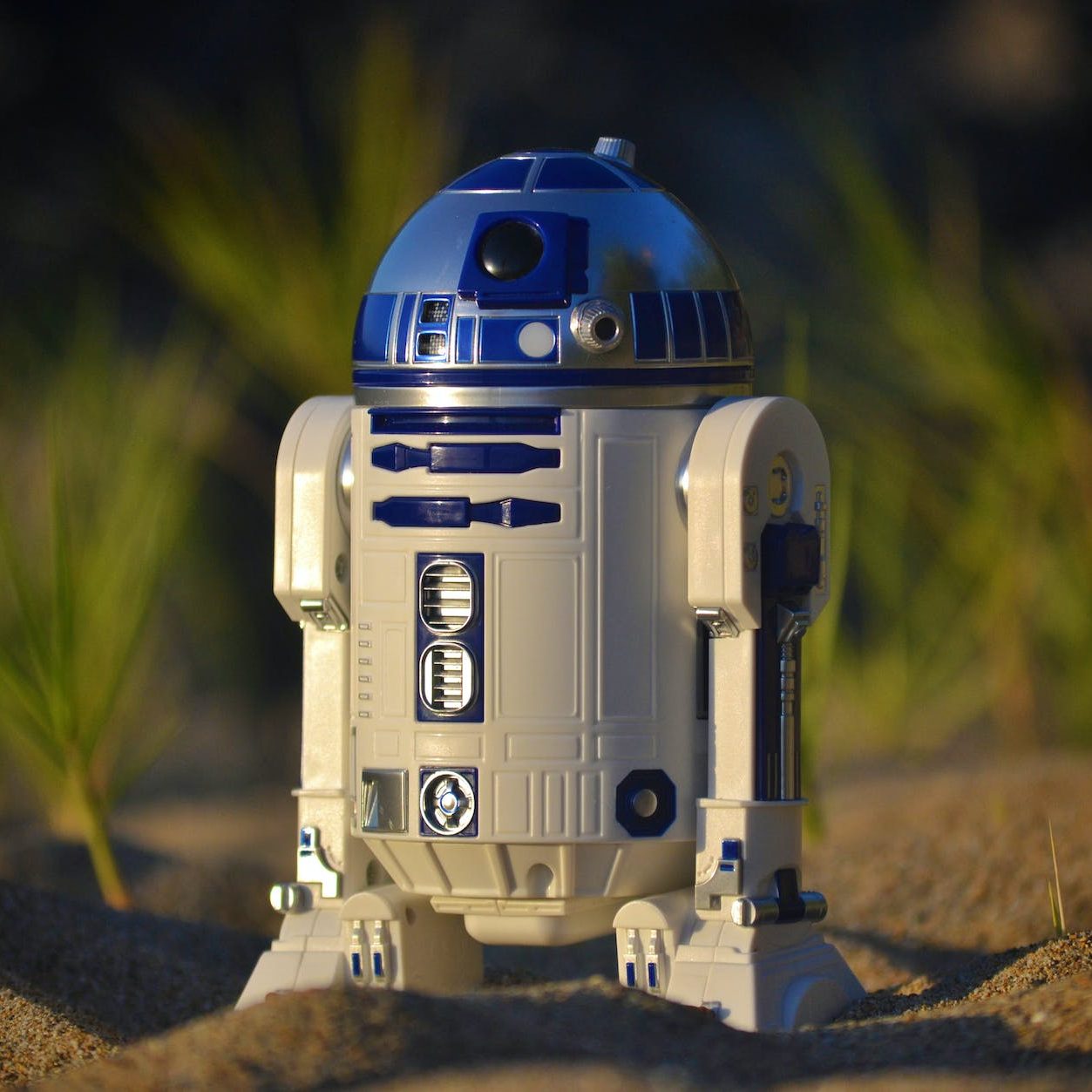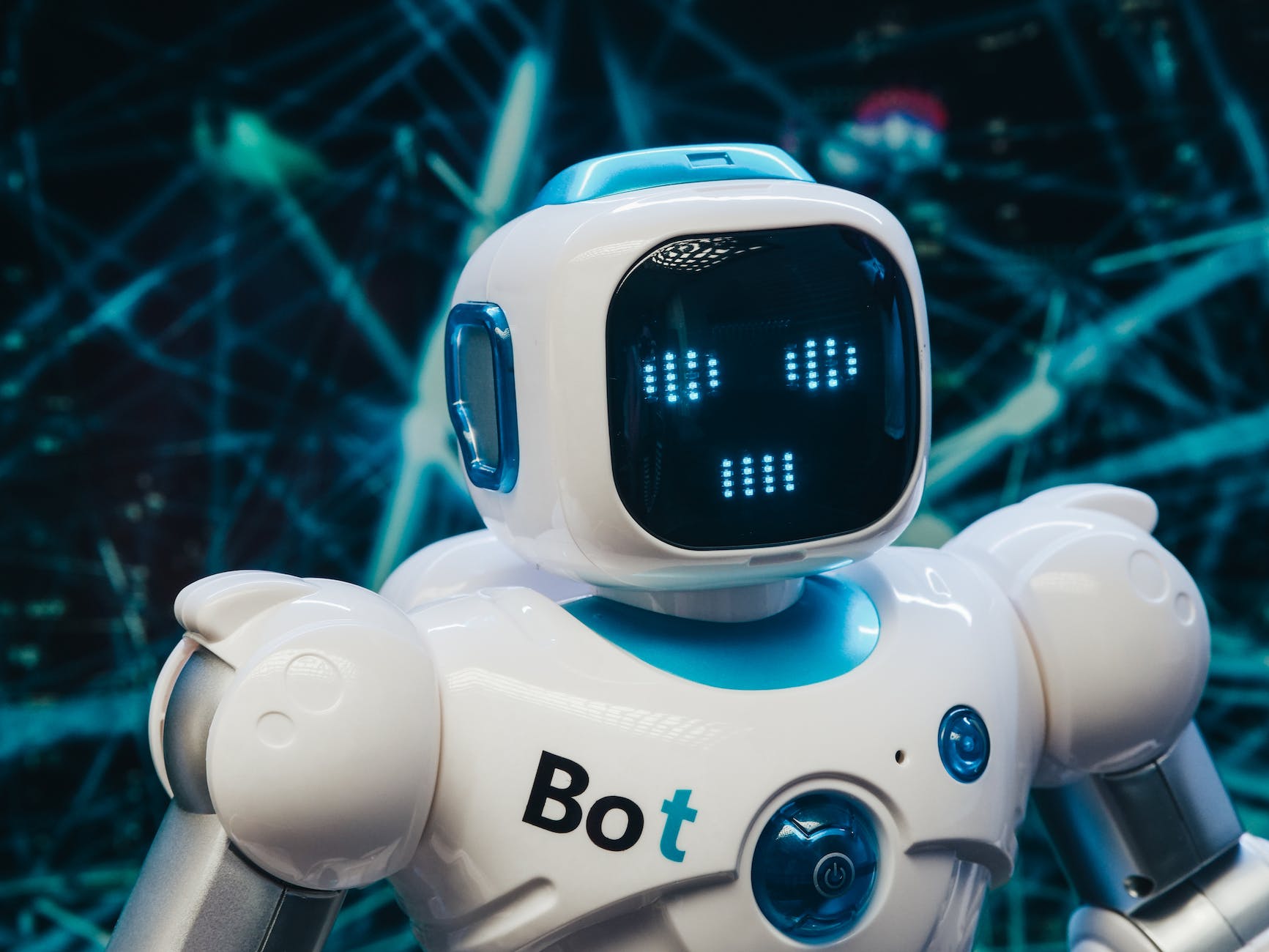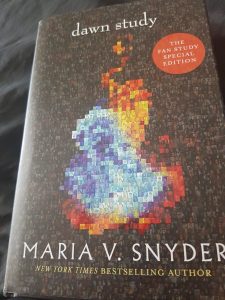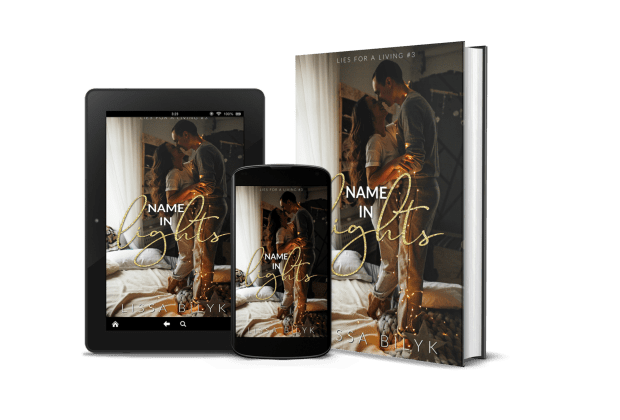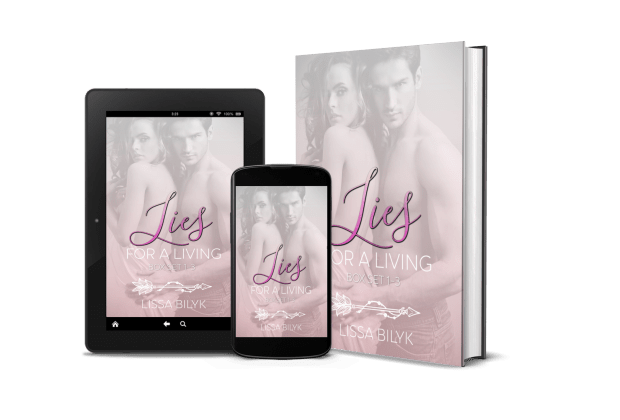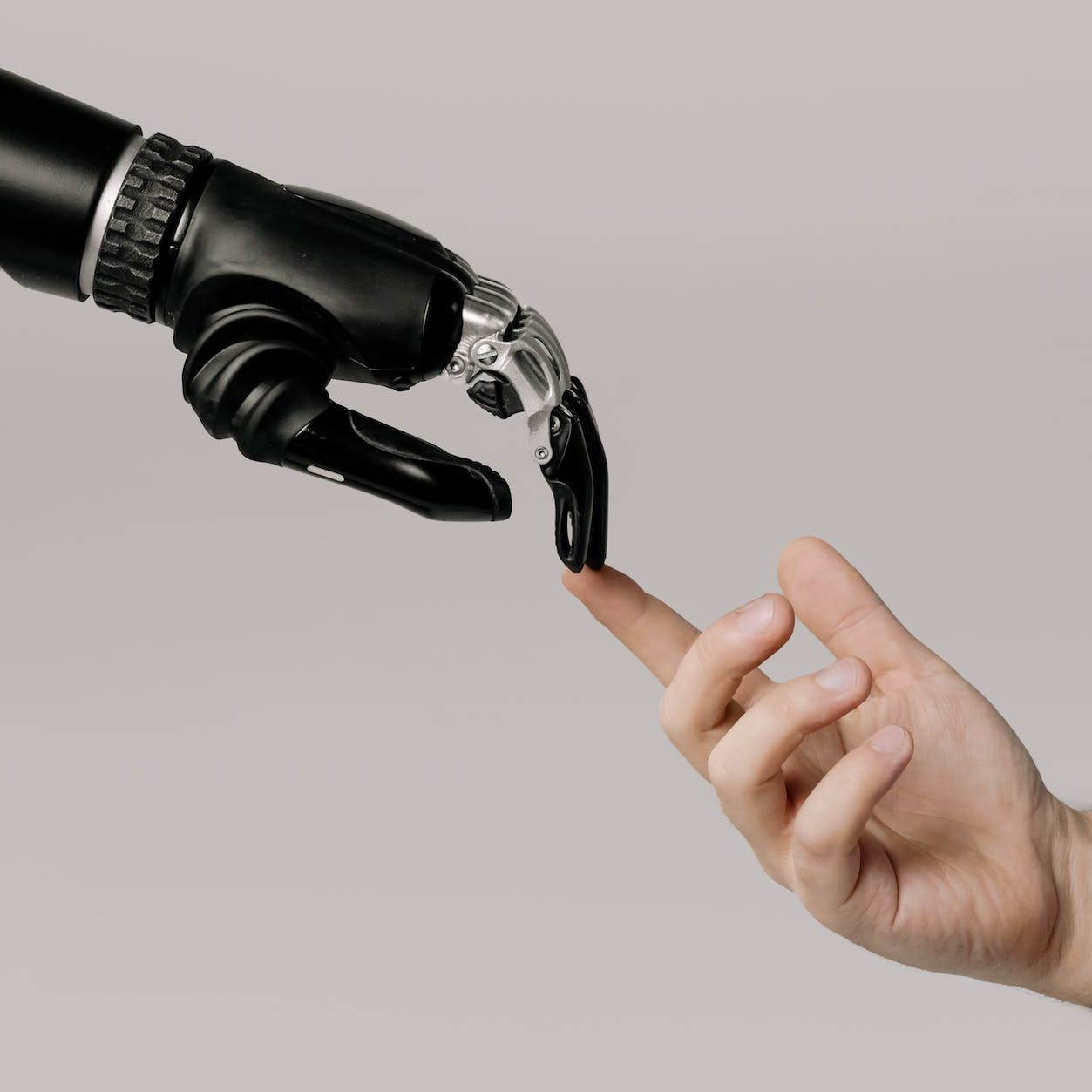
ChatGPT is a powerful AI language model developed by OpenAI. It is designed to understand and generate human-like text based on the input it receives. It can generate text, provide translations, help out with suggestions after being provided with prompts, correct spelling and grammar, and engage in conversation.
As I struggle with blurbs (as a fair amount of novel writers do! Condensing an 80 thousand word novel into 300 words can be hard!) I have used ChatGPT to help me structure my blurbs to align more with existing industry standards.
This is because ChatGPT has been fed this information previously during its training, and knows and understands the strict methodology for writing a blurb. The added bonus is that it is short-form text, so it’s easy for ChatGPT to produce.
I want to make it clear that ChatGPT was fed this information largely from sources that were crawled, and not approved by the authors of their works to use in such a manner. And this is why, largely from a moral standpoint, I don’t use CHatGPT to assist with the actual production of my writing. Everything in my books comes from my own head.
However, I found a good use for ChatGPT, and that is to ask questions Google can’t answer.
For example, I needed to know what the term is when crops are disposed of because they can’t be sold.
Google couldn’t answer this. I couldn’t ask Google to define the term I was looking for because I didn’t know the term I was looking for.
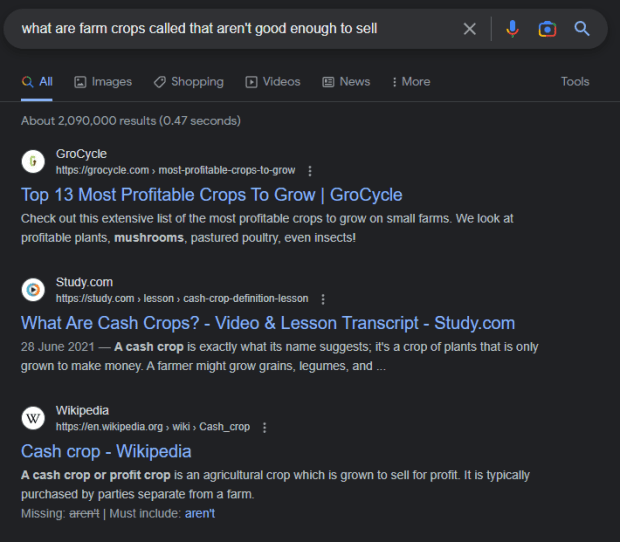
Because I didn’t know what I was looking for, my input of “what are farm crops called that aren’t good enough to sell” led me to search results about making profit with crops.
But when I asked ChatGPT the same question, I got my answer straight away:

This is mostly how I use ChatGPT: to answer questions I don’t even know how to word properly for Google’s algorithm, and to help me develop my blurbs.




